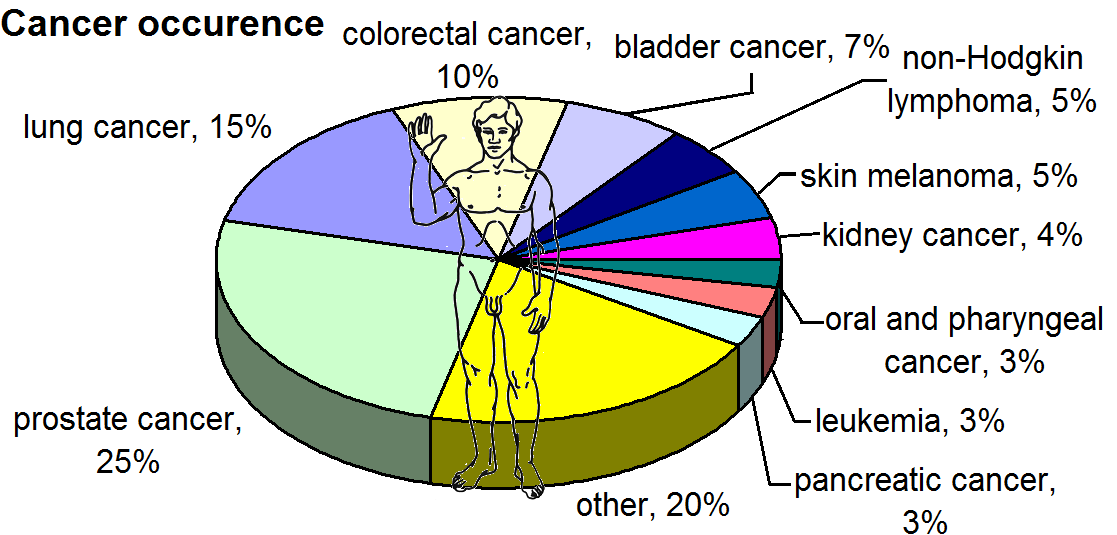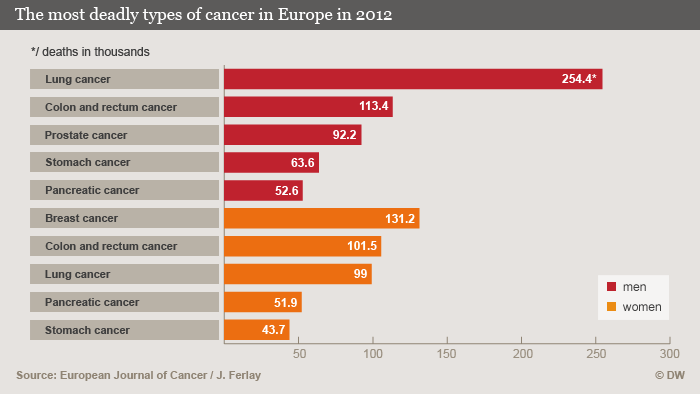
For many of those suffering from depression, SSRIs don't provide any benefit just by increasing serotonin, but rather through the downstream effects of serotonin receptor activation
Only a subset of depression patients actually present low serotonin
Other issues like reduced neurogenesis factors, elevated neuroinflammation, skewed GABA/glutamate ratios, etc, are present in the majority of cases
Other issues like reduced neurogenesis factors, elevated neuroinflammation, skewed GABA/glutamate ratios, etc, are present in the majority of cases
Activation of 5HT1A and 5HT2A receptors seems to be responsible for much of these effects
Research suggests they mediate changes in inflammation and BDNF levels long term
SSRIs have even been shown to provide analgesic effects, likely through their effects on endorphin levels
Research suggests they mediate changes in inflammation and BDNF levels long term
SSRIs have even been shown to provide analgesic effects, likely through their effects on endorphin levels
In the future we'll likely find ways to circumvent the serotonergic pathway to achieve these same effects more directly
Personally I hope a greater emphasis is placed on nutrient and methylation therapies, but we'll see
Personally I hope a greater emphasis is placed on nutrient and methylation therapies, but we'll see
• • •
Missing some Tweet in this thread? You can try to
force a refresh






